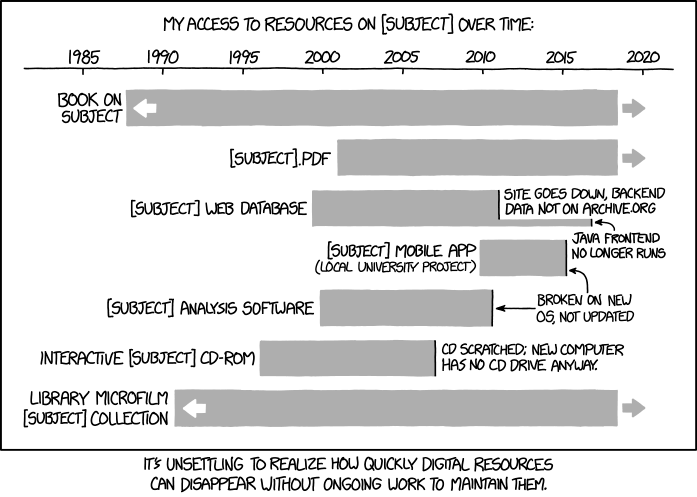Source: Non-Expert Explanation | Slate Star Codex
Some knowledge is easy to transfer. “What is the thyroid?” Some expert should write an explanation, anyone interested can read it, and nobody else should ever worry about it again.
Other knowledge is near-impossible to transfer. What about social skills? There are books on social skills. But you can’t just read one and instantly become as charismatic as the author. At best they can hint at areas worth exploring. … even after reading the best, most perfect-fit social skills book in the world, it’s still not going to be enough. People need to ask questions. … And questioning requires mental fit at least as much as straight information-transfer does.
…
the process of coming to understand a field at all has to involve this pattern of back-and-forth questioning, approaching from multiple sides, devil-advocating, etc. Lots of the process will look the same whether you end out ultimately rejecting or accepting a truth; you’ve got to go through the same steps just to understand what you’re considering.
The Internet seems like an increasingly hostile place for this sort of thing.
… This is a shame. The authoritative-lecture format works for facts, but isn’t enough when you’ve got any subject more complicated than thyroid anatomy. Collaborative truth-seeking where people are throwing out ideas, trying to reconstruct arguments themselves, asking questions, and arguing – these are more promising, but they leave you open to accusations of reinventing the wheel, arrogantly dabbling in fields you don’t understand, or being too insular. When some of the topics involved are taboo, add the sins of “just asking questions” or “thinking it’s my job to educate you”. But unless you’re such a good lecturer that everybody will understand you on the first try, this is a necessary part of communicating hard things.
More: Extensions and Intensions – Less Wrong, by Eliezer Yudkowsky
You can’t capture in words all the details of the cognitive concept—as it exists in your mind—that lets you recognize things as tigers or nontigers. It’s too large. And you can’t point to all the tigers you’ve ever seen, let alone everything you would call a tiger.
The strongest definitions use a crossfire of intensional and extensional communication to nail down a concept. Even so, you only communicate maps to concepts, or instructions for building concepts—you don’t communicate the actual categories as they exist in your mind or in the world.
